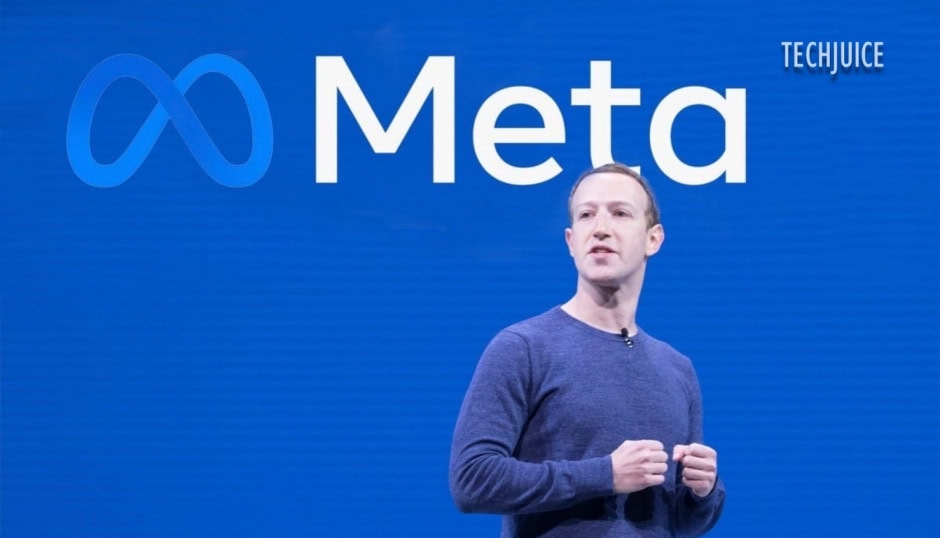Meta has unveiled its final major AI update of the year, with CEO Mark Zuckerberg introducing the highly anticipated 70-billion-parameter Llama 3.3 model. This new model promises enhanced efficiency, achieving almost the same performance as Meta’s 405-billion-parameter model, but at a much lower computational cost.
The Llama 3.3 model, which is instruction-tuned and text-only, shows improved performance compared to its predecessors, Llama 3.1 70B and Llama 3.2 90B, in text-focused applications. In certain instances, Llama 3.3 70B approaches the performance levels of Llama 3.1 405B with notable proximity, signifying a substantial enhancement in Meta’s artificial intelligence portfolio.
Meta’s Llama system has significantly increased in prominence and utilization, now being acknowledged as the most extensively adopted AI model globally. Zuckerberg disclosed that the Llama model has been downloaded more than 650 million times, thereby reinforcing its open-source foundation. Meta remains committed to the principles of open-source development, asserting that this strategy will foster innovation and establish the company as a significant contributor to the future of artificial intelligence.
The endeavor to enhance influence transcends the realm of artificial intelligence, as Meta persists in its initiatives to solidify its preeminence in virtual reality (VR). Through strategic collaborations with third parties, the company seeks to enhance its offerings in both artificial intelligence and virtual reality, thereby establishing its tools as the benchmark for the forthcoming era of digital connectivity.
Zuckerberg additionally disclosed Meta’s intentions to establish a new artificial intelligence data center in Louisiana, in conjunction with an initiative to investigate an undersea connectivity project. Moreover, Zuckerberg emphasized that Meta AI is poised to emerge as the most extensively utilized AI assistant globally, boasting 600 million monthly active users.
However, the assertion that Meta AI boasts 600 million consumers may lack complete clarity. With over 3 billion active users utilizing its array of applications, namely Facebook, Instagram, Messenger, and WhatsApp, Meta has successfully incorporated its artificial intelligence assistant into these platforms. Furthermore, the inclusion of arbitrary prompts that encourage users to create AI-generated images within these applications has likely played a significant role in the elevated user engagement statistics.
Although it is not unexpected that Meta AI has garnered a substantial user base, the level of engagement exhibited by these users with the assistant remains ambiguous. A more indicative statistic would be the duration of time consumers engage with the AI agent, as well as the frequency of their return interactions.
Ultimately, although Meta’s emphasis on artificial intelligence tools is indisputable, the genuine worth of these innovations for the company is likely to manifest in the subsequent phase, as virtual reality becomes increasingly integrated into the daily lives of users.












